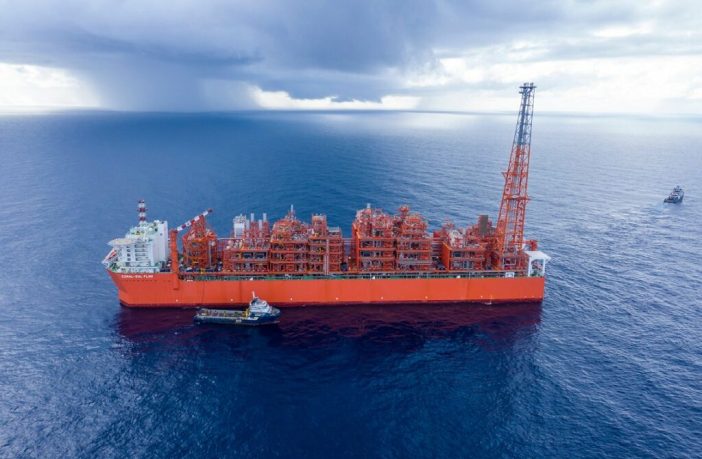- Italy’s fossil fuels giant, Eni, has signed an agreement with TechnipFMC to duplicate its floating liquid natural gas (FLNG) operations in area 4 off the northern coast of Mozambique.
- Discussion between Eni and the Mozambique government to build a second plant started in November last year. Read more
- The project is a cash cow for the government of Mozambique. Read more
Technip, a Paris-based multinational engineering company which develops projects, technologies, systems, and services in the energy sector, has allegedly already signed an agreement to start preliminary work on what would be a complete copy of the Coral Sul FLNG unit.
The existing FLNG project involves producing and selling gas from the southern part of the Coral field, using a floating plant for liquefying natural gas (with a capacity of 3.4 million tonnes, linked to six subsea gas producing wells. Read more
The new contract is expected to cover the engineering, procurement, construction, installation, commissioning, and start-up of the Coral South FLNG facility and its associated system of risers and subsea flowlines, as well as the installation of umbilicals and subsea equipment.
The members of the Rovuma Basin Area 4 consortium are Mozambique Rovuma Venture (MRV) S.p.A., which is a Joint Venture co-owned by Eni, ExxonMobil and CNODC of China with a 70 per cent participating interest, Mozambique’s own National Hydrocarbon Company (ENH) with a 10 per cent interest, Galp of Portugal and KOGAS of South Korea, each with 10 per cent.
Author: Bryan Groenendaal















